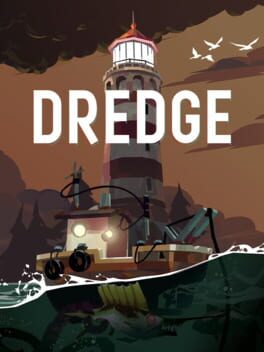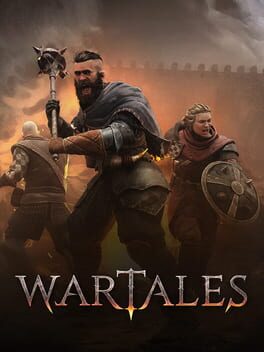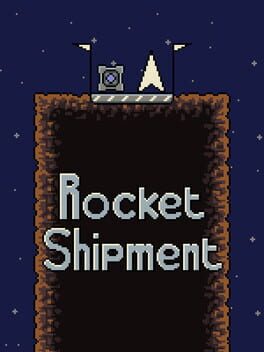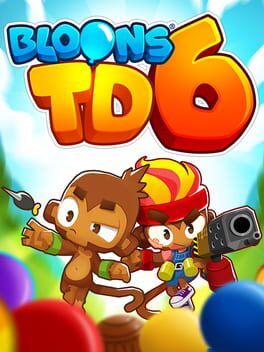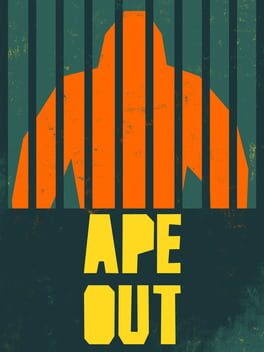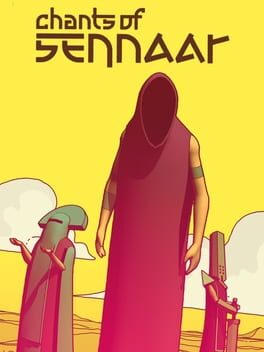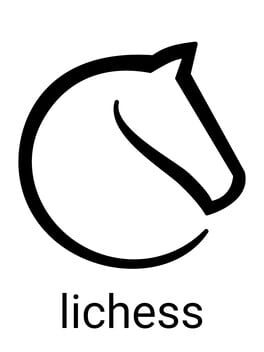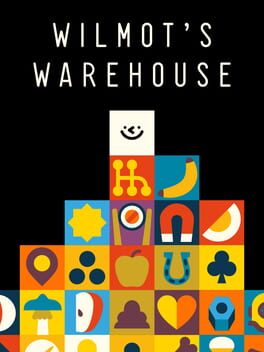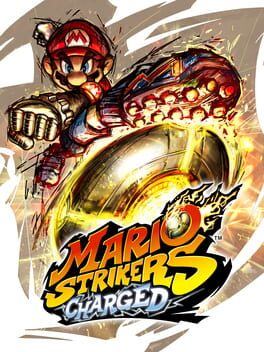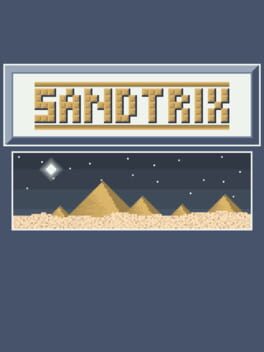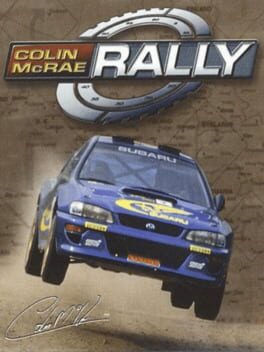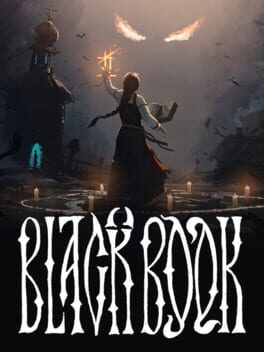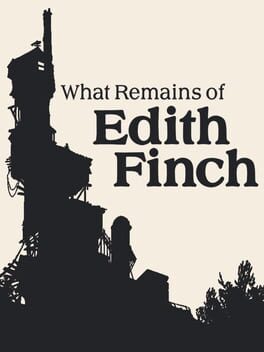NeutronRock
2023
Dredge is a neat game. It's pretty satisfying to play, has a solid theme and is clearly well polished - I think it's a game almost anyone would like, which is reflected by the Overwhelmingly Positive reviews, but I also think that Dredge for the most part is good but not great. It isn't the most exciting game mechanically, the small bits of story are not overly interesting, and the Lovecraftian, thalassophobia-inducing horrors are.. ignorable quite a lot of the time. You encounter them once, and then simply avoid them with no time pressure or sense of urgency that would force you to risk interacting with these potential threats.
The opening couple of hours are incredibly tense, built by the sense of the unknown - but soon Dredge starts to feel incredibly safe and the rest of the game is a fairly gentle plod of ticking boxes.
The opening couple of hours are incredibly tense, built by the sense of the unknown - but soon Dredge starts to feel incredibly safe and the rest of the game is a fairly gentle plod of ticking boxes.
2023
I didn't finish Wartales, and I highly doubt now that I ever will due to the game's enormous scale - but I enjoyed the 20+ hours of it that I did play, and respect the ideas the game was reaching for.
The turn based combat is tactical and clever with some interesting ideas that promote coherent and realistic-looking strategies. The party building is fun and you feel a real sense of ownership over your ragtag group of mercenaries. The world is enormous and filled with stories in each zone, making exploration and progress interesting.
That's where Wartales shines - but where it falters is a lack of clear focus: What game exactly was Wartales trying to be?
When you start your first save you're greeted with massive, game-defining options before you've even interacted with the mechanics. You choose how enemies should scale: proportionally, or by region? It's a huge difference, and how can both reasonably work within one game?
Wartales also encourages you to expand and grow your party - and it feels like the benefit is strength and manpower, while the cost is an increased need for resources and gold to keep them fed and paid. Except.. opposition groups will scale in number with yours, negating your increase in strength and dragging fights out for ~10x longer than they would have been previously. Further growth will only drag the game down.
It felt like Wartales wasn't quite focussed on what it should be, and as a result I was constantly second guessing my decisions from the second act onwards. Should I cut down my party, is there an optimal size, did I pick the wrong enemy scaling?
Those questions turn into obstacles and as you slam into them over and over, you lose momentum and eventually interest in Wartales. For ~20 hours of fun I don't regret playing this game, but I feel like a lack of focus and the potential for fights to transform from quick battles into tedious, slogging wars hold this game back from being truly exceptional.
The turn based combat is tactical and clever with some interesting ideas that promote coherent and realistic-looking strategies. The party building is fun and you feel a real sense of ownership over your ragtag group of mercenaries. The world is enormous and filled with stories in each zone, making exploration and progress interesting.
That's where Wartales shines - but where it falters is a lack of clear focus: What game exactly was Wartales trying to be?
When you start your first save you're greeted with massive, game-defining options before you've even interacted with the mechanics. You choose how enemies should scale: proportionally, or by region? It's a huge difference, and how can both reasonably work within one game?
Wartales also encourages you to expand and grow your party - and it feels like the benefit is strength and manpower, while the cost is an increased need for resources and gold to keep them fed and paid. Except.. opposition groups will scale in number with yours, negating your increase in strength and dragging fights out for ~10x longer than they would have been previously. Further growth will only drag the game down.
It felt like Wartales wasn't quite focussed on what it should be, and as a result I was constantly second guessing my decisions from the second act onwards. Should I cut down my party, is there an optimal size, did I pick the wrong enemy scaling?
Those questions turn into obstacles and as you slam into them over and over, you lose momentum and eventually interest in Wartales. For ~20 hours of fun I don't regret playing this game, but I feel like a lack of focus and the potential for fights to transform from quick battles into tedious, slogging wars hold this game back from being truly exceptional.
2023
I haven't yet finished Baldur's Gate 3 - but with ~40hrs of playtime already under my belt I've easily played enough to join the choir of voices praising this game. Arguably, I prefer Larian's previous title; Divinity Original Sin II - but when games are this good, preferences are based on tiny details and not overall assessments of quality.
I'm having a blast with BG3, and I will for I imagine another 40 hours still.
I'm having a blast with BG3, and I will for I imagine another 40 hours still.
2023
You know in puzzle games where you need to get a box through a door, but you also need to put the box on a button to open that door, but then after you go through the door you can press another button to keep the door open so that you can go back and collect your box?
Well if you want to solve that puzzle and all its usual variants in a beautiful environment then Cocoon is the game for you.
Cocoon is simple, intuitive and clearly polished - but unfortunately in its opening hour or so commits the ultimate sin of also being.. boring. It honestly says a lot about the rest of the game's quality that I continued playing despite the tedium of many of the games early puzzles. Cocoon (just as it did pre-release) gives you the sense that something special is just about to happen, and unfortunately it never quite does.
Well if you want to solve that puzzle and all its usual variants in a beautiful environment then Cocoon is the game for you.
Cocoon is simple, intuitive and clearly polished - but unfortunately in its opening hour or so commits the ultimate sin of also being.. boring. It honestly says a lot about the rest of the game's quality that I continued playing despite the tedium of many of the games early puzzles. Cocoon (just as it did pre-release) gives you the sense that something special is just about to happen, and unfortunately it never quite does.
2021
It's the sort of game I'd have enjoyed playing on a Flash game website in the late 2000s/early2010s. A simple, physics based action-puzzle game about controlling a rocket despite the unwieldy forces of the cargo you're tugging along. It's functional, but doesn't have the spark to make me want to play more.
2018
2019
2023
Chants of Senaar is expertly crafted. The puzzle-like translation of ideographic languages through context and puzzle recognition is an immensely satisfying idea (though not a unique one).
Exploring the worlds to find hints at new symbols - or even parts of symbols - to translate the ~30 words of each new language is an engaging adventure that consistently rewards you, and gives you those perfect moments of feeling like a genius.
What I also love is that Chants of Senaar doesn't step on the toes of one of my other favourite video games - Heaven's Vault; also a game about translating a fictional hieroglyphic language. While HV focusses on an open, player-driven story that's underlined by one deep and sprawling language - Chants of Senaar takes the opposition direction and focusses on smaller, more focussed languages where the world is set up as a puzzle to solve them.
Both games should absolutely be played.
Exploring the worlds to find hints at new symbols - or even parts of symbols - to translate the ~30 words of each new language is an engaging adventure that consistently rewards you, and gives you those perfect moments of feeling like a genius.
What I also love is that Chants of Senaar doesn't step on the toes of one of my other favourite video games - Heaven's Vault; also a game about translating a fictional hieroglyphic language. While HV focusses on an open, player-driven story that's underlined by one deep and sprawling language - Chants of Senaar takes the opposition direction and focusses on smaller, more focussed languages where the world is set up as a puzzle to solve them.
Both games should absolutely be played.
2010
Paraphrasing what Quintin Smith of SUSD said about the board game Go - You can't review whether or not chess is a good game (hence the lack of star rating), you can only review whether or not you, yourself, like chess.
I do like chess, and Lichess is easily the neatest and most accessible website to play chess online.
I do like chess, and Lichess is easily the neatest and most accessible website to play chess online.
2019
Wilmot's Warehouse is a gem. A worldless game of semantics and logistics where you plan on-the-fly and curse yourself later for your foolish decisions.
Patterened squares arrive in the warehouse, and you later deliver specifically request patterns/shapes to your customers. The game however happens in the time between, as you find spaces in your warehouse to store your squares - grouping them by shape or colour or meanings so they can be found again at a later date.
6x squares with an Orange? Easy. They're over here with the foods.. or over there with the circles.. oops.
It's such a simple design, but ultimately so clever and satisfying. Wilmot's Warehouse is a game many more people should play.
Patterened squares arrive in the warehouse, and you later deliver specifically request patterns/shapes to your customers. The game however happens in the time between, as you find spaces in your warehouse to store your squares - grouping them by shape or colour or meanings so they can be found again at a later date.
6x squares with an Orange? Easy. They're over here with the foods.. or over there with the circles.. oops.
It's such a simple design, but ultimately so clever and satisfying. Wilmot's Warehouse is a game many more people should play.
2023
1998
2021
